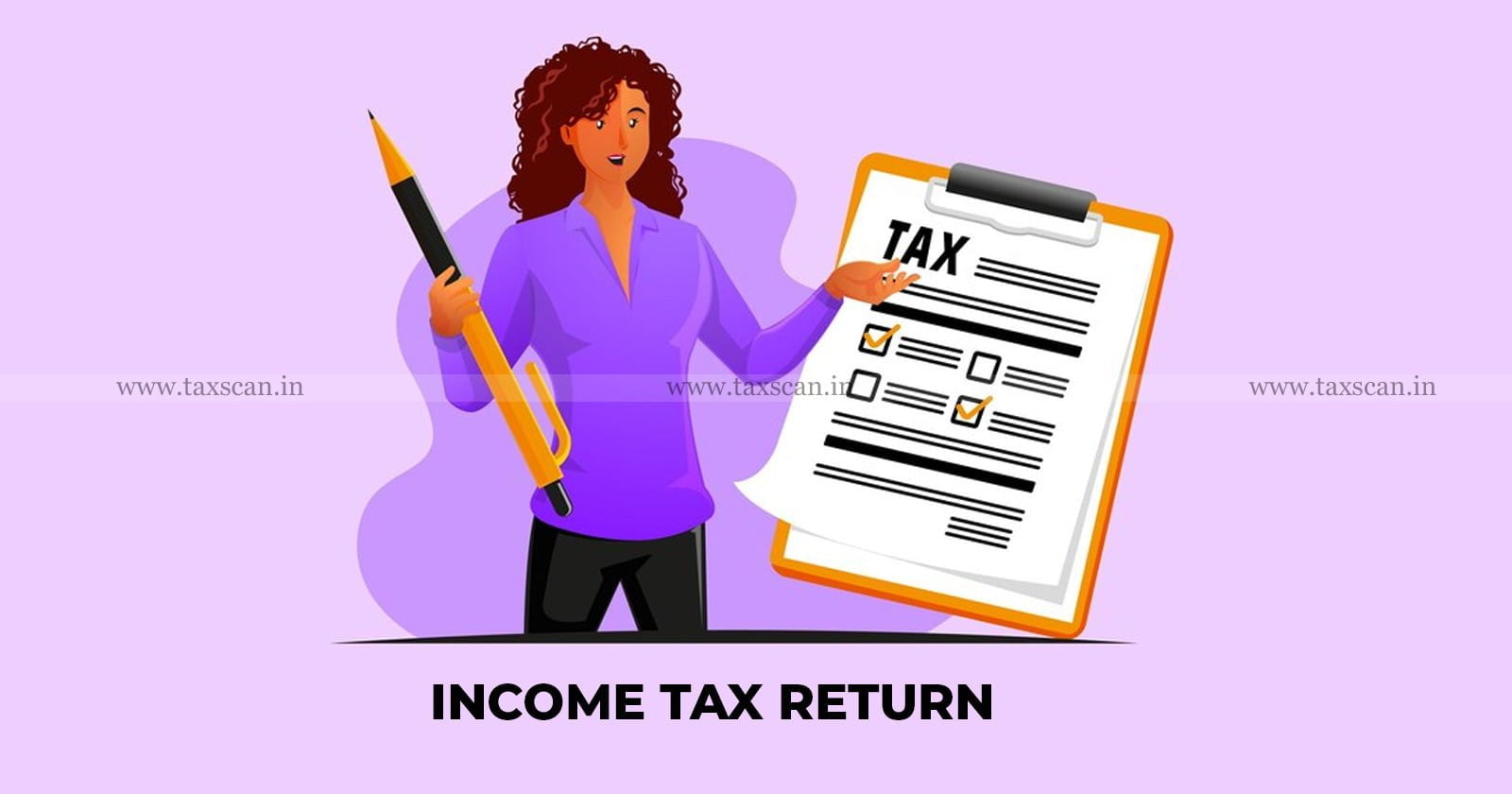Income Tax Non-filers, File You ITR before 30th December to Avoid These Consequences

After submitting his/her Income Tax Return (ITR) online earlier, a taxpayer used to get 120 days’ time to verify the return and complete the process of the filing of return of income. However, the Income Tax Department has reduced the time limit drastically to just 30 days for the ITRs filed online after July 31, 2022.
“For all returns submitted before July 31, 2022, the e-verification time limit was 120 days from the date of filing. However, earlier this year, the Central Board of Direct Taxes (CBDT) issued a notification announcing that the time limit for e-verification of an income tax return (ITR) has been reduced from 120 days to 30 days with effect from August 1, 2022.
The return filing process is marked complete only if the return is e-verified, else all the tax-filing efforts of the taxpayers may go in vain. A return that has not been verified shall be considered as an invalid return. The taxpayers may have to re-file. Taxpayers who complete the e-verification timely will receive a refund on a timely basis. However, if the taxpayers miss the deadline, they will have to bear additional taxes and penalties.
The Income Tax Act, 1961 provides a number of penal provisions to curb tax evasion and penalize the defaulters in case of non-filing of returns and non/short payment of income tax.
A penalty of Rs 5,000 will be charged for the delay in filing returns if the total income to be reported exceeds Rs 5 lakh. For small taxpayers, if the total income of the person is less than Rs 5 lakh, then the fee payable is up to Rs 1,000. After December 31st of the relevant assessment year, one cannot voluntarily file ITRs.
After that, if and when the income-tax department picks up your income and tax details available for scrutiny, the department will direct the defaulter how to comply with the mandatory provisions by paying penalty and interest.
Section 234 of the Income-Tax Act deals with penal interest that are levied for delays in paying taxes on time. According to Section 234C, if you fail to pay your advance taxes in time, you will need to pay a 1 percent penalty every month or part thereof on income-taxes due till you pay out or till the end of the financial year.
Once the financial year (in which you earn your income; 2021-22 at present) gets over, you need to start preparing your income tax returns to be paid by July 31 (the usual deadline date for filing your tax return). The year in which you file your tax returns is called the assessment year.
Further, if you have not paid 90 percent of the advance tax due by March 31 of the financial year, the penal interest clock starts ticking under section 234B from April 1 onwards. As per section 234F, the department can impose a penalty of Rs.5000 if ITR is reported before 31st December of the Assessment Year, Rs.10,000 if ITR is reported after 31st December but before 31st March of the Assessment Year. Further, as per section 270A,if a person with taxable income fails to file his ITR or is found to under-report his income in the returns 50% of the total tax payable on the income for which no return was furnished
Support our journalism by subscribing to Taxscan premium. Follow us on Telegram for quick updates


